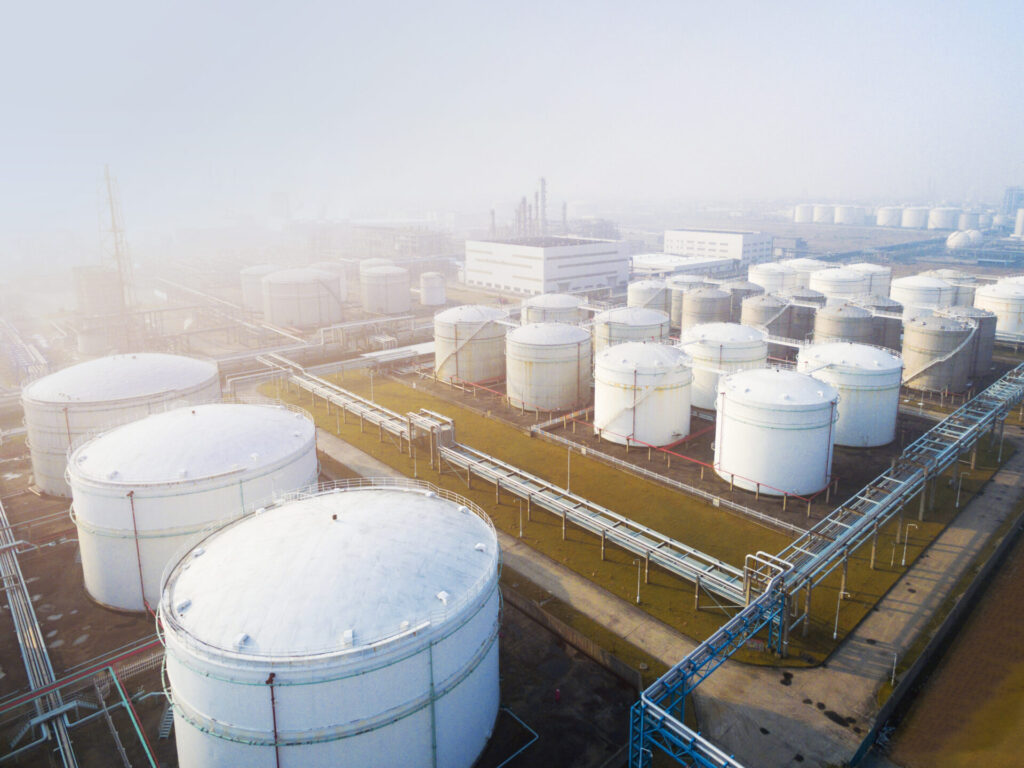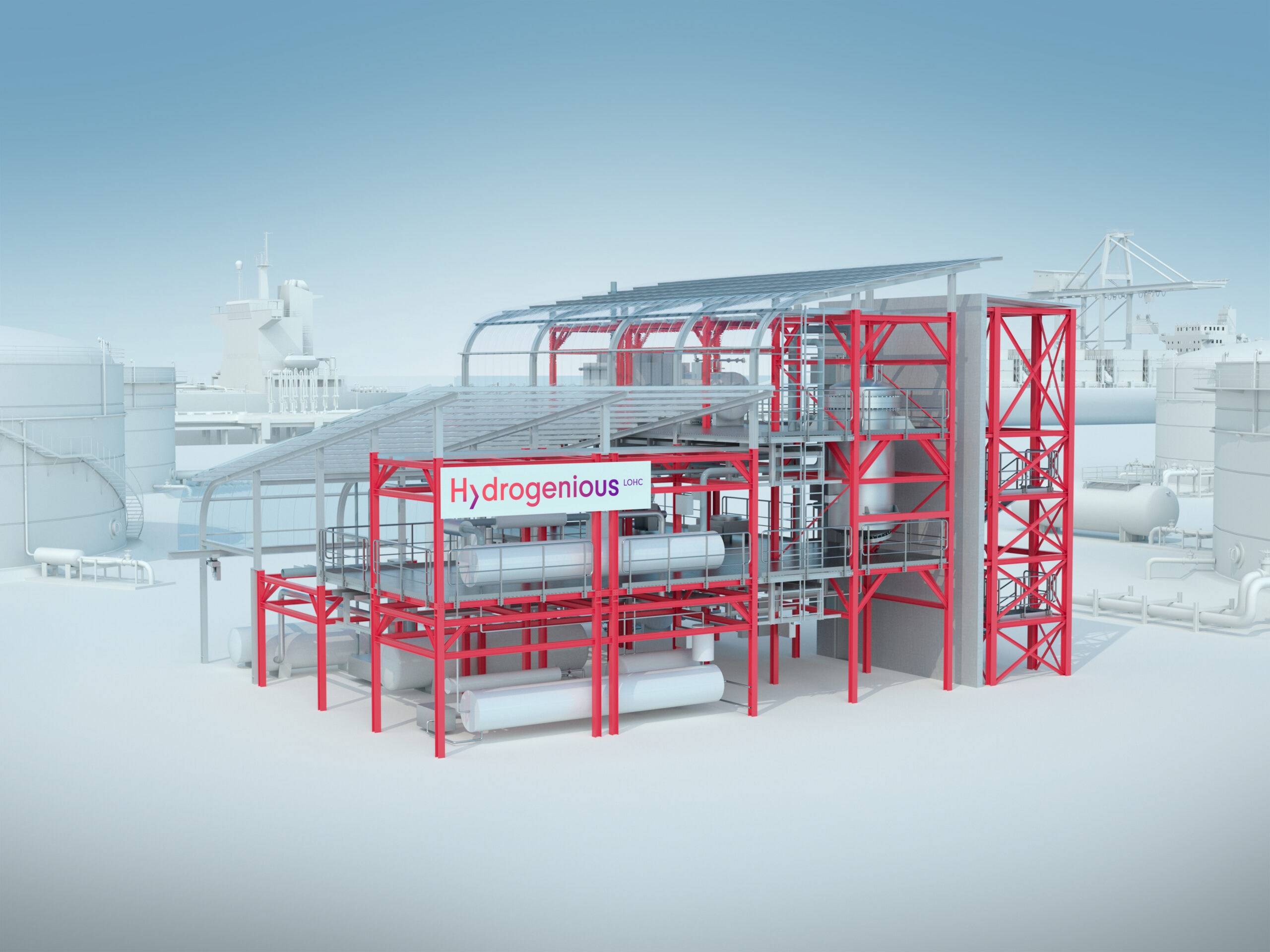Establishing LOHC Dehydrogenation Capabilities in the Port of Amsterdam: A Comprehensive Strategy for Green Hydrogen
The port of Amsterdam is embarking on a transformative journey to enhance its Liquid Organic Hydrogen Carrier (LOHC) capabilities, marking a significant milestone in its transition from traditional fossil fuels to innovative green hydrogen solutions. This broad initiative aims to leverage the port’s vast infrastructure and expertise in handling liquid bulk cargoes, aligning with broader environmental sustainability goals.
The Strategic Need for LOHC Dehydrogenation Capabilities in Amsterdam
As one of the world’s largest gasoline ports, the port of Amsterdam handles immense volumes of fossil liquid bulk annually. This existing capacity provides a unique opportunity to repurpose and optimise infrastructure towards sustainable energy practices. The adoption of LOHC technology, which involves organic compounds capable of chemically binding and releasing hydrogen, is a natural progression, given the port’s logistical capabilities and environmental commitments.
Operational Framework of LOHC Initiatives
The strategy focuses on integrating new LOHC technologies with the port’s current infrastructure, which is well-suited to manage diesel-like products. This approach ensures a seamless transition and utilises the port’s longstanding operational expertise. The shift towards LOHCs is supported by economic studies highlighting their potential cost-competitiveness with other hydrogen carriers.
Key Components and Technologies Across Facilities
Evos’s Leadership: Spearheading the development, terminal operator Evos is actively enhancing the capacity for LOHC transshipment to locations like the port of Duisburg, and planning dehydrogenation facilities within the port of Amsterdam. The focus on advanced LOHC technologies, such as Benzyltoluene (BT) and Methylcyclohexane (MCH), is crucial due to their efficiency and system compatibility.
Hydrogenious LOHC Technologies Partnership: In collaboration with Hydrogenious, the port aims to leverage their expertise in developing robust LOHC systems. Hydrogenious brings critical technological know-how in the hydrogenation and release processes of BT, enhancing operational effectiveness across various installations.

Environmental Benefits and Economic Implications
Enhancing LOHC dehydrogenation capabilities is poised to deliver significant environmental benefits by reducing fossil fuel dependence and associated carbon emissions. Economically, it bolsters the port of Amsterdam’s competitive edge in the green hydrogen market, potentially attracting further investments and fostering regional economic growth.
Looking Ahead: Integrating Stakeholder and Technological Partnerships
Future developments involve continuous enhancement and integration of cutting-edge technologies like those offered by Evos and Hydrogenious, alongside ongoing collaborations with industry leaders and technological innovators. Stakeholder engagement remains key, with plans to involve environmental agencies, technology providers, and industry experts to ensure alignment with global sustainability standards.
Enhancing the LOHC dehydrogenation capabilities at the port of Amsterdam is a testament to the port’s proactive approach to sustainability and innovation. By embracing advanced technologies and repurposing existing infrastructure, Amsterdam is not only enhancing its role in the global energy transition but also setting a benchmark for ports worldwide in the shift towards sustainable energy solutions.

